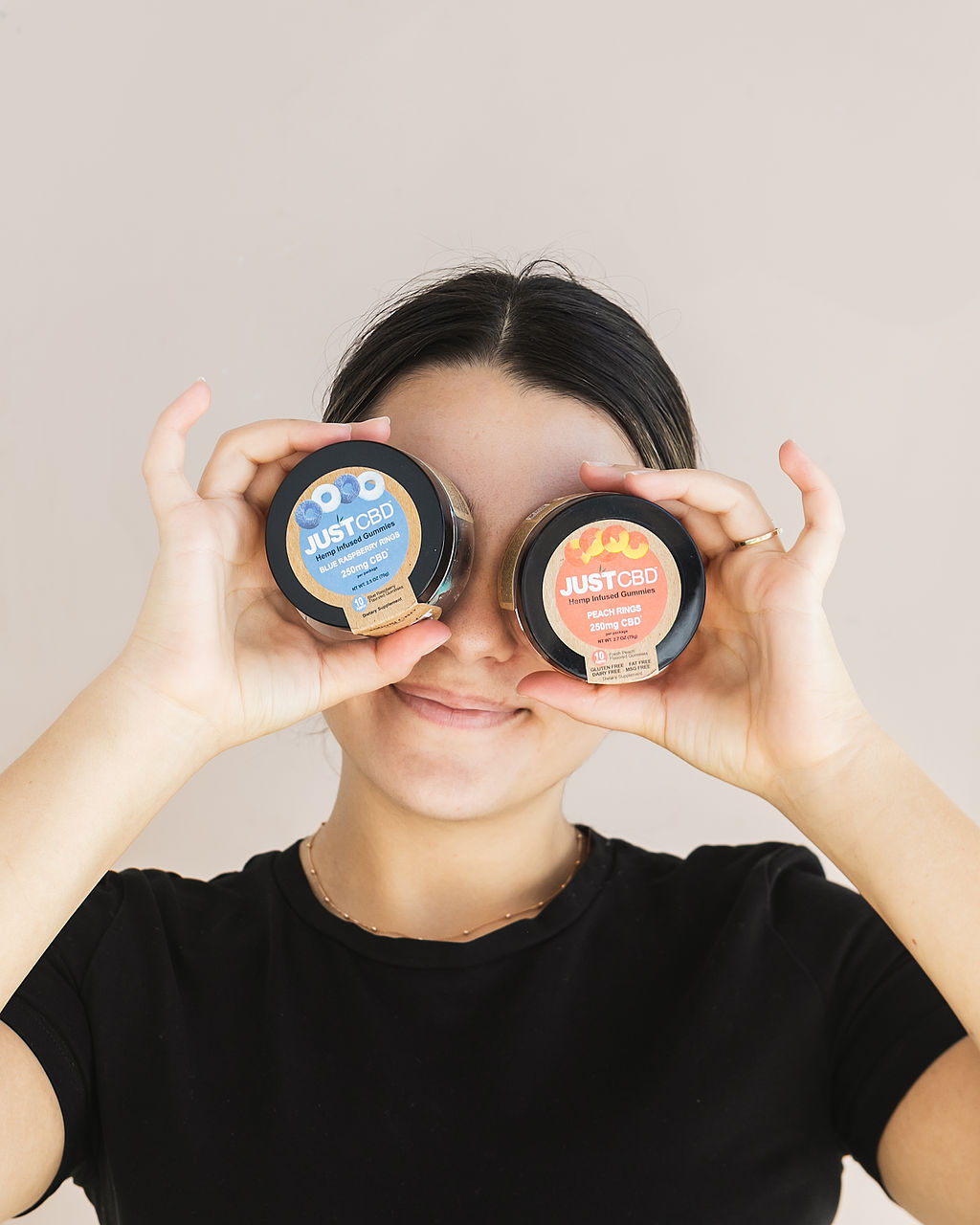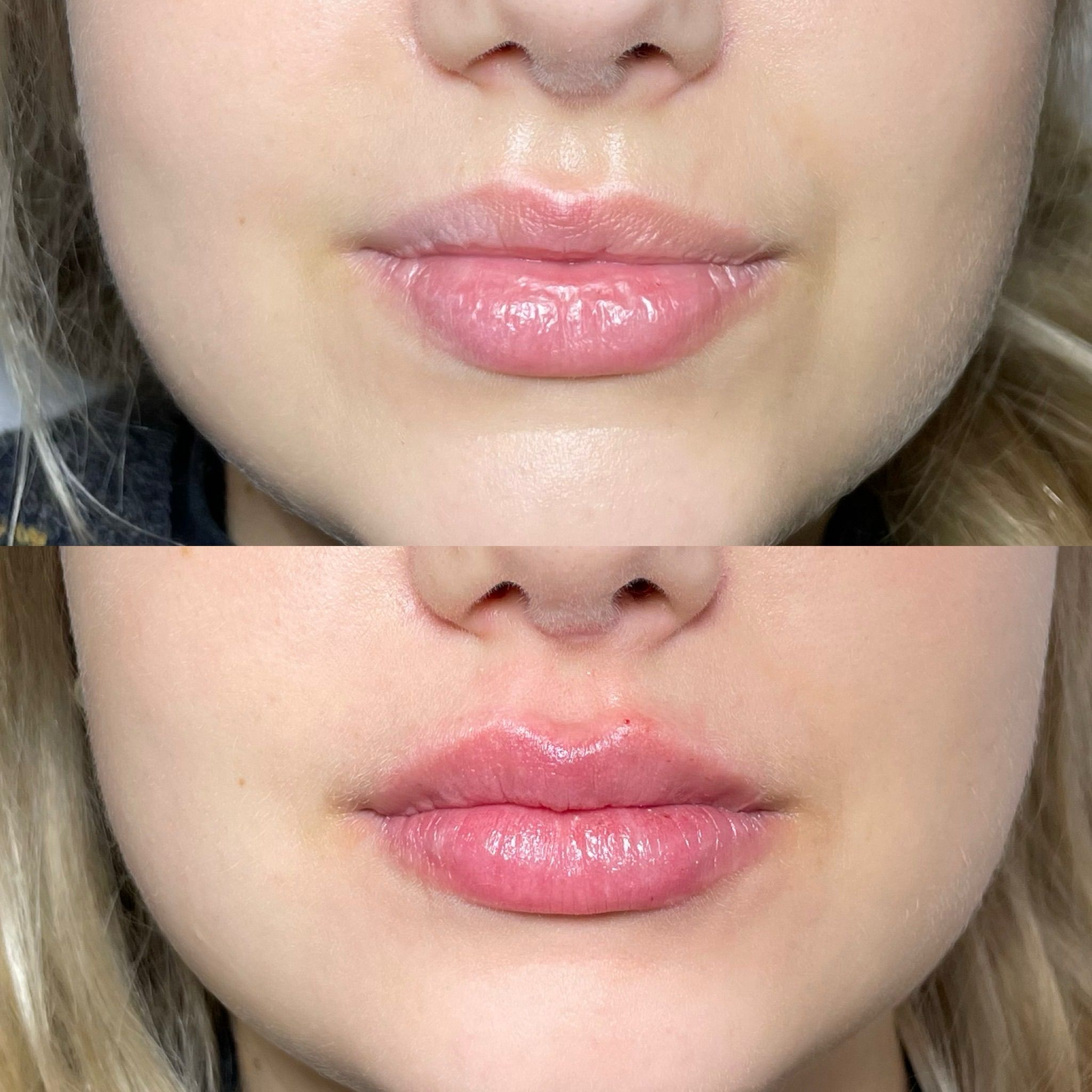Cannabis has been used for thousands of years, and as interest in its various properties grows, one particular compound has garnered significant attention: tetrahydrocannabinol, or THC. THC is the primary psychoactive compound in cannabis, and it’s what gives users the sensation of being “high.” But while many are familiar with its effects, fewer understand exactly what THC is and how it interacts with the body. This article provides an in-depth look at THC—what it is, how it works, its effects on the human body, its medical uses, and safety considerations.
What is THC?
THC is a chemical compound found in the cannabis plant. It belongs to a group of chemicals called cannabinoids, which interact with the body’s endocannabinoid system. The endocannabinoid system (ECS) plays a key role in regulating a range of physiological processes, including mood, appetite, pain sensation, and memory. THC interacts with the ECS, specifically binding to CB1 receptors found in the brain and central nervous system, leading to its characteristic psychoactive effects.
THC is typically consumed in one of three ways: smoking, vaping, or ingesting cannabis products. When smoked or vaped, THC enters the bloodstream through the lungs, producing a rapid onset of effects. When ingested, such as in edibles, the compound must first pass through the digestive system and liver, which delays the onset but often leads to stronger and longer-lasting effects.
How THC Works in the Body
To understand how THC works, it’s important to first know about the endocannabinoid system. This system is a complex network of receptors, enzymes, and endocannabinoids (cannabinoids produced by the body). The two main receptors in the ECS are CB1 and CB2. CB1 receptors are primarily located in the brain and central nervous system, while CB2 receptors are found mostly in the peripheral organs, especially immune cells.
When THC enters the body, it binds to CB1 receptors in the brain. This is what leads to the well-known effects of feeling “high.” The binding process alters the release of neurotransmitters, chemicals that help send messages between neurons in the brain. This can lead to changes in mood, perception, coordination, and cognition.
The way THC affects the body depends on several factors, including the method of consumption, the amount of THC consumed, and the individual’s tolerance. For example, smoking or vaping THC tends to produce quicker but shorter-lasting effects, while consuming THC through edibles can take longer to kick in but lasts longer due to the way the body processes the compound.
Effects of THC on the Body
The effects of THC can be divided into short-term and long-term effects. In the short term, THC’s psychoactive effects include:
- Euphoria: A sense of relaxation or happiness is one of the most common effects, often referred to as a “high.”
- Altered Perception of Time and Space: Many people report that time seems to slow down, and they may experience changes in their senses, such as visual or auditory distortions.
- Increased Appetite: Often referred to as the “munchies,” THC can cause an increase in hunger and an enhanced sense of taste.
- Impaired Coordination and Memory: THC can interfere with motor skills and short-term memory, which is why it’s recommended that individuals do not operate vehicles or machinery while under the influence.
- Anxiety or Paranoia: In some people, especially at high doses, THC can lead to feelings of anxiety, paranoia, or even hallucinations.
In the long term, regular THC use can have both positive and negative effects on the body. Some individuals may develop tolerance, meaning they need higher doses to achieve the same effects. Long-term use, especially in adolescents or those with predispositions to mental health disorders, has been linked to an increased risk of psychosis and other psychiatric conditions.
However, THC also has a variety of potential medicinal benefits that have made it a topic of significant research.
Medical Uses of THC
While THC is best known for its recreational use, it also has a number of medicinal applications. When used in a controlled manner and under medical supervision, THC can help alleviate a wide range of symptoms. Some of its potential medical uses include:
Pain Relief
THC has been shown to have analgesic (pain-relieving) properties. It may be particularly effective for chronic pain conditions such as arthritis, multiple sclerosis, and neuropathic pain. By interacting with the endocannabinoid system, THC can reduce inflammation and alter pain perception.
Nausea and Vomiting Relief
THC is often used to treat nausea and vomiting, particularly in patients undergoing chemotherapy. Drugs containing THC, such as dronabinol (Marinol), are prescribed to help control these symptoms.
Appetite Stimulation
THC has the ability to stimulate appetite, which can be beneficial for individuals with cancer, HIV/AIDS, or eating disorders who struggle with weight loss and lack of appetite.
Muscle Spasms and Seizure Control
There is evidence suggesting that THC may be useful in managing muscle spasms, tremors, and seizures associated with conditions like Parkinson’s disease and epilepsy.
Mental Health
Some studies suggest that THC, in combination with other cannabinoids like CBD, could help manage symptoms of anxiety and depression. However, its use in mental health treatments should be approached with caution, as high doses of THC can exacerbate anxiety and cause paranoia in some individuals.
Different Types of THC Products
THC is available in various forms, each with its own method of administration and onset of effects. These products include:
Smoking and Vaping
Smoking or vaping cannabis allows THC to enter the bloodstream quickly through the lungs. This method offers fast-acting effects but can be hard on the lungs if done excessively.
Edibles
Edibles are food products infused with THC, such as gummies, cookies, or chocolates. The effects of edibles take longer to set in because THC must first pass through the digestive system, but they tend to last much longer than smoking or vaping.
Tinctures and Oils
THC tinctures are liquid extracts that are taken sublingually (under the tongue) or added to food and drink. They offer a discrete and convenient way to consume THC, with effects typically taking between 30 minutes and 2 hours to be felt.
Topicals
THC-infused creams and lotions are used for localized relief from pain or inflammation. These products do not produce the psychoactive effects of THC because they do not enter the bloodstream but can provide targeted relief to affected areas.
Concentrates
THC concentrates, such as wax, shatter, and hash, contain high levels of THC and can be vaporized or dabbed. These products are potent and should be used with caution, especially for beginners.
Safety Considerations and Risks
While THC has many potential benefits, it also comes with certain risks. It is important to use THC responsibly and be aware of the following:
- Dosage: Start with a low dose, especially if you’re new to THC, and gradually increase it until you find the right amount for your needs.
- Driving and Operating Machinery: Avoid operating vehicles or machinery while under the influence of THC, as it can impair coordination and reaction times.
- Mental Health: For individuals with a history of mental health issues, especially anxiety or psychosis, THC may worsen symptoms. It is important to consult with a healthcare provider before using THC for medicinal purposes.
- Legality: THC is still illegal in many parts of the world, and its legal status varies by location. Always check local laws before purchasing or consuming THC products.
Conclusion
THC is a complex compound that interacts with the body in fascinating ways, offering both medicinal benefits and recreational effects. Understanding how THC works, its potential uses, and its safety considerations is crucial for anyone interested in using cannabis products. Whether for pain management, mental health support, or just to enjoy the effects of a “high,” THC remains a significant and widely used compound in the world of cannabis. However, as with any substance, it’s important to approach it with respect, caution, and knowledge of how it affects your body.
I recently tried a range of THC products from Just Delta, and let me tell you, it was quite the experience! Here’s my personal review, and I’ll be comparing the products based on my own use, what I liked, and a couple of things I didn’t. I’ll also drop the links so you can check them out for yourself!
Haze Pre-Roll – Blueberry Muffin (3.5g)
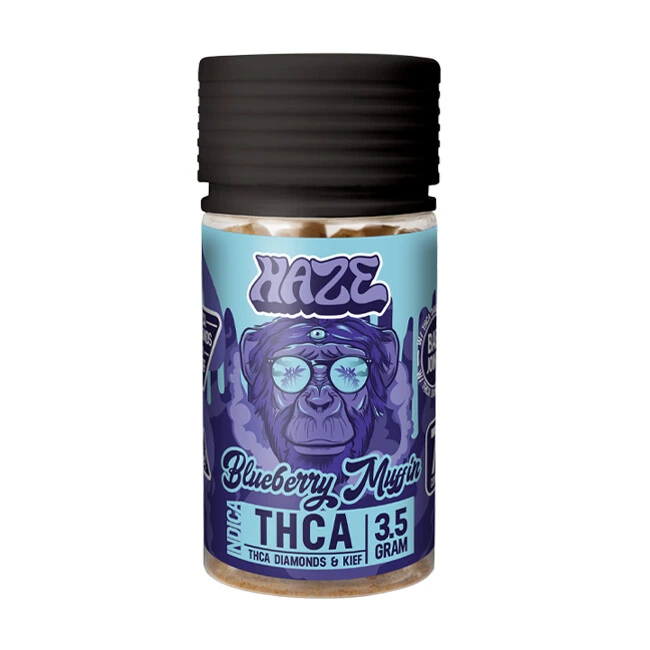
This pre-roll definitely set a high bar (pun intended). The flavor is fantastic—a smooth, sweet, and slightly fruity blueberry taste that feels like you’re relaxing on a lazy afternoon. It hit me with a nice, mellow buzz without being overwhelming, which I really appreciated. The burn was even, and it had that classic smoothness that makes it easy to enjoy.
The only downside? I found it didn’t quite last as long as I hoped. But that’s a minor issue, considering how enjoyable the experience was.
Haze Pre-Roll – Cereal Milk (3.5g)
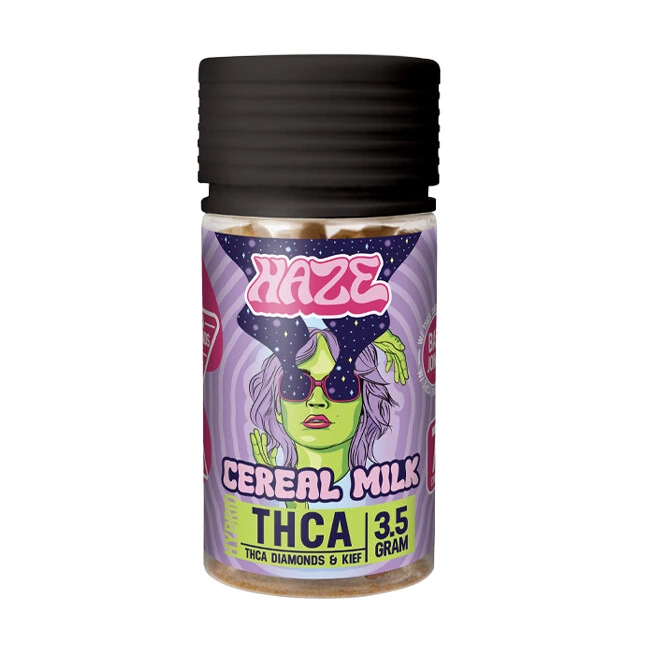
Now, this one was a little more unique. The flavor of Cereal Milk is like waking up to a bowl of sweet cereal—think Frosted Flakes or something along those lines. The buzz was a bit more energizing compared to the Blueberry Muffin, which made it perfect for social situations or when I wanted to do something creative.
What I didn’t love was that the taste didn’t stay as consistent throughout the smoke. There were moments where it felt a bit harsh, which made me knock it down just a little in my book. But overall, it’s a solid choice if you’re looking for something different.
Haze Pre-Roll – Maui Wowie (3.5g)
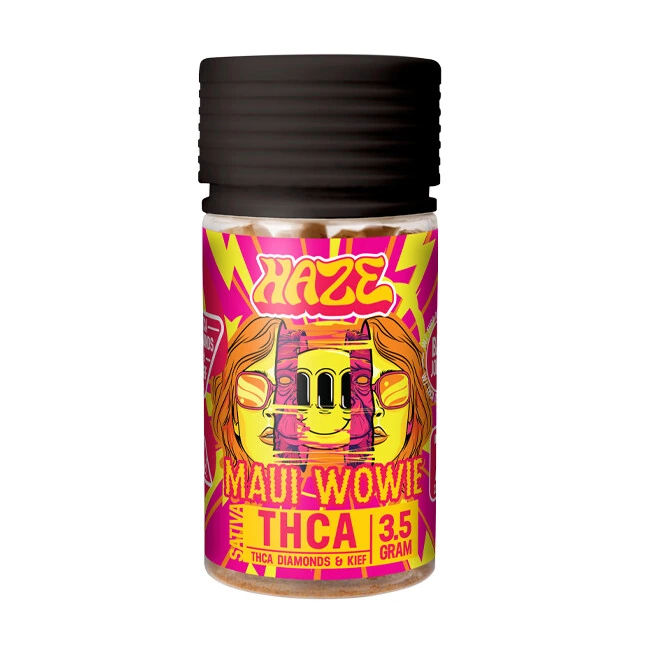
This one is for those who love a good tropical vibe! The Maui Wowie pre-roll has a nice, bright, citrusy flavor with a subtle earthiness that made me feel like I was lounging on a beach somewhere. The high was uplifting, and I felt relaxed but alert. It’s a great daytime choice if you want to enjoy a mellow high without getting too spaced out.
The only thing I wasn’t too keen on was the burn—it wasn’t as smooth as I would’ve liked. I had to relight it a few times, but other than that, the flavor and buzz were spot on.
Meditation Blend Live Resin Disposable Vape – Hawaiian Haze (3g)
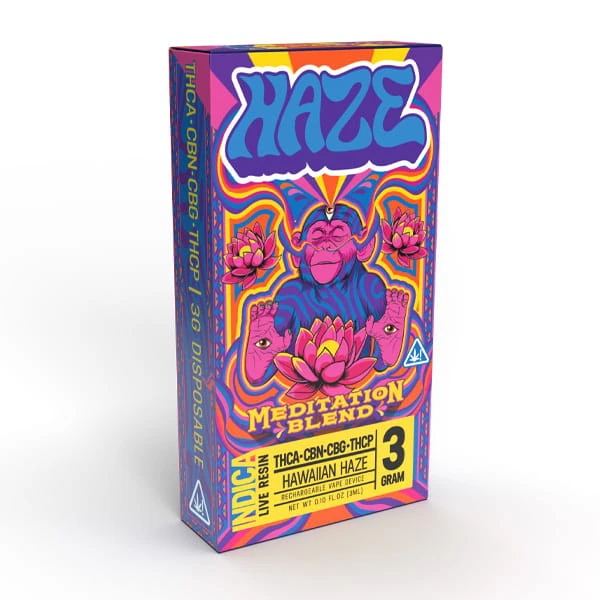
This vape is my personal favorite! The Hawaiian Haze flavor is just perfect—tropical, sweet, and smooth. It’s a hybrid, so it gives me the best of both worlds: I feel calm but still energized enough to be productive or enjoy a hangout. The vapor is incredibly smooth, and the disposable design made it super convenient to carry around.
My only complaint? The battery life. I felt like I had to recharge it a little too soon for my liking, but the experience was still worth it.
Haze Brain Stew Delta 9 Gummies – Hybrid
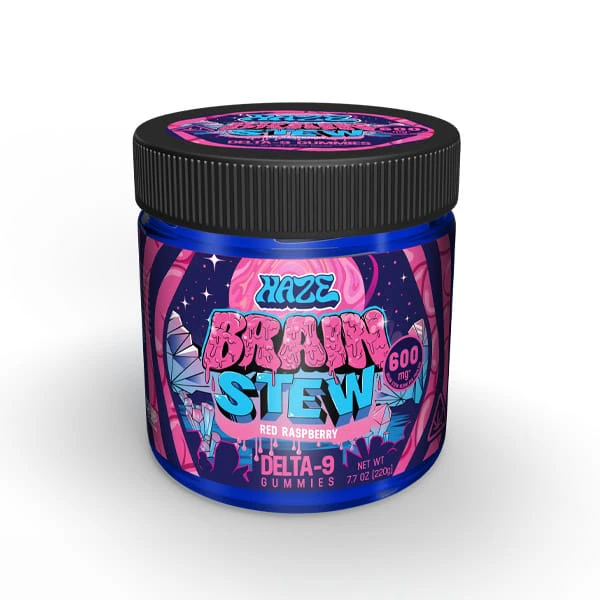
These gummies were a fun experience! They taste great (a little sour, a little sweet), and I really liked how they didn’t hit me all at once. It was a slow and steady rise to a balanced high. The hybrid mix was ideal for just chilling out or enjoying a creative activity, with neither too much energy nor too much relaxation.
The only downside was that it took a little longer to kick in compared to other gummies I’ve tried. Patience is key here! But once it hit, it was smooth sailing.
Final Thoughts
Overall, Just Delta has a strong lineup of THC products. The pre-rolls are all solid, but the Haze Blueberry Muffin and Maui Wowie pre-rolls stood out to me for flavor and buzz. The Meditation Blend Vape is a must-try, especially if you’re into tropical flavors. The gummies are a nice, subtle way to unwind, but be prepared for a slow onset.
What is THC and how does it affect the body?
THC, or tetrahydrocannabinol, is the primary psychoactive compound found in cannabis. It works by binding to cannabinoid receptors in the brain and nervous system, creating effects such as euphoria, relaxation, and altered perception. These effects can vary depending on the individual, dosage, and consumption method.
How long does THC stay in the system?
The duration THC stays in your system depends on various factors such as the frequency of use, metabolism, and the method of consumption. For occasional users, it may stay for a few days, while for regular users, it can be detectable for several weeks in urine tests.
What are the different ways to consume THC?
THC can be consumed in various forms, including smoking, vaping, edibles, tinctures, and oils. Each method has a different onset time and duration of effects. For example, smoking or vaping provides quicker effects, while edibles may take longer to kick in but have prolonged effects.
Can THC be used for medical purposes?
Yes, THC has several medical uses, including pain management, reducing nausea, stimulating appetite, and helping with sleep disorders. It is commonly used in medical marijuana for patients dealing with conditions like cancer, glaucoma, and chronic pain.
What are the possible side effects of THC?
Some common side effects of THC include dry mouth, red eyes, increased heart rate, and temporary memory impairment. High doses may cause anxiety, paranoia, or dizziness. It’s important to start with a low dose to assess your tolerance.
Is THC legal?
The legality of THC varies by country and region. In some places, THC is fully legalized for both recreational and medicinal use, while in others, it may be restricted or illegal. Always check local laws before purchasing or using THC products.
How does THC interact with other medications?
THC can interact with certain medications, especially those that affect the central nervous system, like antidepressants, anti-anxiety drugs, and sedatives. It’s important to consult a healthcare provider before using THC if you’re on medication to avoid unwanted interactions.
What is the difference between THC and CBD?
THC and CBD are both cannabinoids found in cannabis, but they have different effects. THC is psychoactive and causes a “high,” while CBD is non-psychoactive and is often used for its potential therapeutic benefits, such as reducing anxiety and inflammation.
How can I manage the effects of too much THC?
If you consume too much THC and experience uncomfortable effects, stay calm, hydrate, and try to relax. Eating or drinking something containing CBD may help mitigate the effects of THC. In severe cases, seek medical help.
Are there any long-term effects of using THC?
Long-term THC use can lead to cognitive changes, including issues with memory and learning. Some studies suggest it may also impact mental health, especially in individuals with a predisposition to conditions like anxiety or schizophrenia. Responsible use is key to minimizing potential risks.
- Sheffield United vs Sunderland LIVE: Championship play-off final result, match stream and latest updates toda - June 5, 2025
- Tulsi Gabbard Net Worth - June 5, 2025
- Explore New Mexico’s THC Infused Beverages - June 5, 2025

